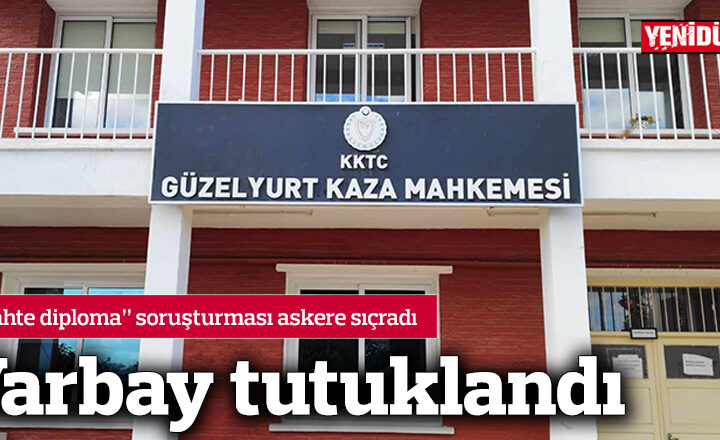Cyprus will need to do more to combat corruption, by introducing a dedicated anti-corruption policy focussing on high-ranking officials and the police, said the Council of Europe’s Group of States Against Corruption (GRECO) in a report on Monday.
The GRECO report said that although on paper, Cyprus’ legislation has strong features to prevent corruption, its effectiveness is compromised by institutional flaws.
The international organisation based in Strasbourg that protects human rights, democracy and the rule of law, issued its latest evaluation report on preventing corruption and promoting integrity in central governments (top executive functions) and law enforcement agencies.
GRECO highlighted the need to develop a dedicated anti-corruption policy for all those with top executive functions in government in Cyprus.
“Such a policy would constitute a strong statement from the highest executive echelons of their clear commitment to promoting integrity, condemning corruption and leading by example,” reads the report.
The body explained that the effectiveness of the island’s legislations, “is compromised by institutional flaws including the proliferation of committees with little coordination, resources, expertise and authority”.
According to GRECO, “the issue of conflicts of interest, including in relation to revolving doors, is a particular challenge in Cyprus, yet its treatment is narrow in scope.”
“Cyprus needs a stronger system of accountability in the government to prevent the risks of excessive influence,” said GRECO.
Need to strengthen screening
The Council also noted the need to strengthen the screening procedures of government appointees both before being appointed and during their term, as well as the strengthening of the representation of women at all levels and their promotion.
Touching on the issue of disclosure of officials’ assets, the report noted that more needs to be done, particularly in strengthening the respective oversight and enforcement mechanisms. Additional measures should also be taken in relation to access to information.
Referring to the political structure of the state, the report notes that the President has broad executive powers, but the country lacks a system to analyse important corruption risk factors for top government officials in a strategic way and subject them to integrity checks before they are appointed.
The report pointed out that while a Charter of Ethics exists, it does not apply to the president, and is “more of a declaration of principles than a fully-fledged system of ethics to abide by that would trigger consequences in cases of violation.”
The report also highlighted the need for a holistic overhaul of how complaints against the police are filed and processed, as well as visibility and accountability as to how they are handled.
Finally, it pointed out that it is crucial that the legislation for the protection of witnesses in the public interest is combined with implementation measures that effectively allow police officers to speak safely.










